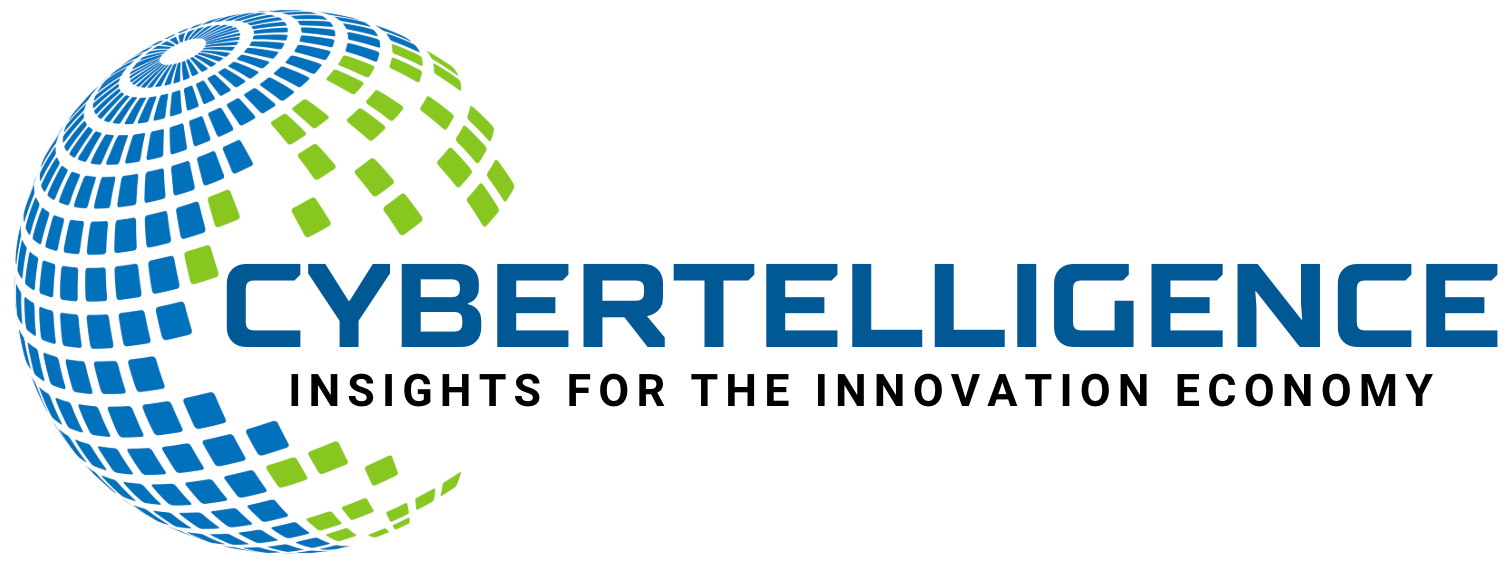OpenAI’s Agentic Browser and the Future of Content Consumption
In the fast-moving world of AI Trends, one of the most exciting developments is OpenAI’s upcoming agentic browser. This new browser aims to…

In the fast-moving world of AI Trends, one of the most exciting developments is OpenAI’s upcoming agentic browser. This new browser aims to change how we consume content and interact with the internet by combining the power of ChatGPT with a browser interface that can act on our behalf. As we explore this shift, we’ll look at what an agentic browser is, why it matters, and how it could reshape both our daily browsing and the broader internet economy.
Table of Contents
- What Is an Agentic Browser?
- Why the Summer of Browser Wars?
- How Will Agentic Browsers Change Content Consumption?
- The Role of Service Providers and APIs
- How Does OpenAI’s Agentic Browser Compare to Other AI Agents?
- The Competitive Landscape: OpenAI, Google, and Beyond
- What Does This Mean for Enterprise Use?
- Looking Ahead: What Should We Watch For?
- Frequently Asked Questions (FAQ)
What Is an Agentic Browser?
An agentic browser is not just a regular browser like Chrome or Firefox. It’s a smarter, AI-powered tool that can take actions for you — not just show you websites. Imagine a browser that understands your commands and can do things like search, switch tabs, place orders, or book flights without you having to click through dozens of pages.
OpenAI’s agentic browser will feature a ChatGPT interface right on the front page where you can type commands or questions. Instead of juggling many tabs, the browser will handle information and actions within this chat interface, making browsing more streamlined and interactive.
This kind of browser uses “agents,” or AI systems that can perform tasks step-by-step with very little room for error. For example, you could ask it to order pizza from a specific brand and have it deliver to your home. While this sounds futuristic, the technology is still developing, and the experience may not yet be as flawless as some demos suggest.
Why the Summer of Browser Wars?
For many years, browsers have been a stable corner of the internet with Chrome dominating over 70% of the market. But now, AI startups and big tech companies are racing to create the best agentic browsers. This summer looks like it will be a turning point with multiple launches, including OpenAI’s browser and Perplexity’s Comet browser expanding to more users.
OpenAI sees an opportunity because so many people already start their online journey with ChatGPT. By adding agentic features into a browser, they hope to replace traditional search and tab-heavy browsing with a more optimized, AI-driven experience.
How Will Agentic Browsers Change Content Consumption?
This shift could have a big impact on how we consume content. Currently, websites rely on clicks and page views to make money through ads or sales. But if an AI browser answers your questions directly inside the browser without sending you to a website, many publishers could see less traffic.
In fact, many publishers are already noticing drops in web traffic as AI-powered tools like ChatGPT become more common. This could lead to big changes in the internet’s economic ecosystem, forcing content creators and publishers to rethink how they reach audiences and get paid.
What Does This Mean for Publishers and Journalists?
Publishers face a mix of challenges and opportunities. Some have sued AI companies for using their content without permission, while others have struck deals to license their content. For example, Reddit signed a $60 million content licensing deal with Google.
New monetization methods are also emerging, like “pay per crawl,” where AI companies pay publishers every time their AI scrapes a website. These experiments show the internet is in flux as different players try to find a balance between sharing content and protecting their business models.
The Role of Service Providers and APIs
Agentic browsers don’t just affect content. They also aim to optimize services like booking flights or ordering food directly within the browser. This raises questions for service providers: Should they partner with these browsers to reach more users, or protect their APIs to keep a direct relationship with customers?
How Does OpenAI’s Agentic Browser Compare to Other AI Agents?
We’ve seen AI agents like OpenAI’s Operator and Google’s Project Mariner that can perform tasks online. The key difference with an agentic browser is that AI is built directly into the browsing experience, making it a full-service platform rather than a separate tool.
This integration means the browser itself collects data on your online behavior, which could help improve AI features and develop future business models, such as targeted advertising or specialized services.
The Competitive Landscape: OpenAI, Google, and Beyond
The competition in AI and browsers is heating up. OpenAI was initially closely tied to Microsoft, but now it’s expanding its partnerships, including with Google Cloud for computing power. Despite being rivals in search and browsers, Google and OpenAI are finding ways to collaborate behind the scenes.
Interestingly, OpenAI has even expressed interest in buying Google Chrome if it is forced to be sold due to antitrust trials. This shows how strategic the browser market has become as AI becomes more central to internet use.
What Does This Mean for Enterprise Use?
Most large companies already use AI tools like ChatGPT to assist their employees. The agentic browser could make this easier by automating workflows directly in the browser. However, enterprise AI often requires access to proprietary data, which may not be available through a browser alone.
So while the agentic browser has great potential, it may need to integrate closely with other enterprise systems to fully transform work processes.
Looking Ahead: What Should We Watch For?
As AI Trends evolve, it’s important to watch where AI performs best. Early on, people thought AI would mainly replace blue-collar jobs, then knowledge workers who write content. Now, many experts believe AI excels at solving reasoning and math problems with clear answers — like coding and technical engineering tasks.
This ongoing shift will affect jobs, content creation, and how we interact with technology. Staying informed about these changes will help us adapt and leverage AI in our careers and businesses.
Frequently Asked Questions (FAQ)
What exactly is an agentic browser?
An agentic browser is a web browser enhanced with AI that can perform tasks and take actions for you, such as searching, ordering, or booking, all through a chat interface integrated into the browser.
How will agentic browsers affect website traffic?
Since AI browsers can provide answers directly without sending users to websites, many publishers may see fewer clicks and less traffic, which could impact their revenue from ads and sales.
Are publishers suing AI companies over content use?
Yes, some publishers like the New York Times have sued AI companies for using their content without permission, while others have made licensing deals to share their data legally.
Will agentic browsers replace traditional search engines?
It’s too early to say, but agentic browsers could change how we search by integrating AI-driven chat interfaces that reduce the need for multiple tabs and traditional search pages.
How might this technology impact enterprises?
Agentic browsers could automate many workflows within companies, but full enterprise adoption will require integration with proprietary data and systems beyond the browser itself.
What should business leaders do to prepare?
Stay informed about AI Trends, experiment with AI tools, and consider how agentic browsers and AI-driven workflows might improve productivity and customer engagement in your organization.
This article is based on comprehensive research derived in part from the referenced video EP 565: OpenAI’s Agentic Browser: Is this the future of content consumption?




